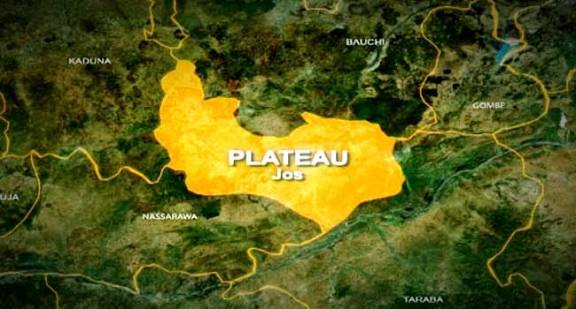The UK Supreme Court has decided that it is too late for Nigerian citizens to sue two Shell subsidiaries over a 2011 oil spill that caused significant damage to the coastal area where they reside.
According to Reuters, one of several legal disputes Shell has faced in London courts from Niger Delta residents who have reportedly suffered from pollution, conflict, and corruption linked to the oil and gas sector.
The spill happened during the loading of an oil tanker at Shell’s Bonga oil field, which is 120 km off the delta coast, and led to the leakage of an estimated 40,000 barrels of crude oil.
A group of 27,800 individuals and 457 communities had tried to sue Shell, claiming that their lands, waterways, farming, fishing, drinking water, mangrove forests, and religious shrines were polluted as a result of the oil slick.
Nevertheless, a panel of five Supreme Court justices unanimously upheld previous rulings by two lower courts that found they had exceeded the six-year legal time limit for bringing their case to court.
According to the claimants’ lawyers, the negative effects of the pollution constitute a “continuing nuisance,” which is a type of civil wrong. This would have meant that the legal deadline for taking action would not apply.
Justice Andrew Burrows, announcing the verdict, said, “The Supreme Court rejects the claimants’ submission. There was no continuing nuisance in this case.”
Although Shell contested the claimants’ accusations, arguing that the Bonga spill had no impact on the shoreline, the court did not rule on the contested facts since it was solely concerned with deciding the legal point related to the nuisance.
Although only two Nigerian citizens were appellants in the Supreme Court case, the ruling would also apply to the thousands of other claimants. Shell said that the decision by the Supreme Court meant that all legal claims related to the spill had been terminated in English courts.
A Shell spokesperson said, “While the 2011 Bonga spill was highly regrettable, it was swiftly contained and cleaned up offshore.”











